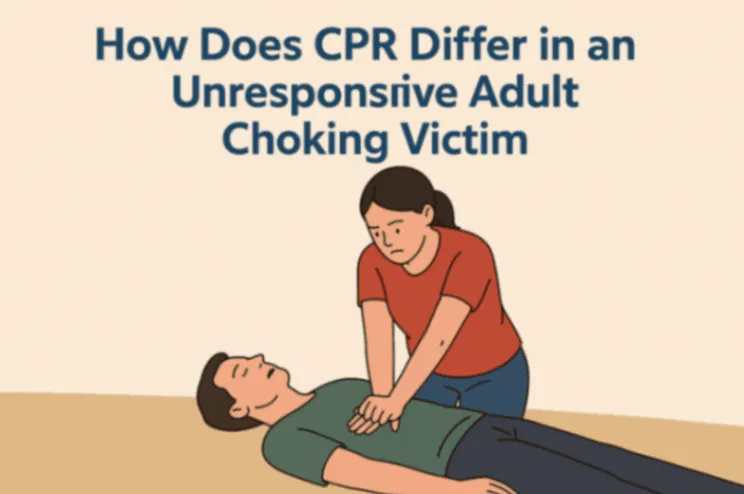We found 0 Pulmonology Hospitals near you in Bangalore. You can easily connect with a top Pulmonology Hospital in Bangalore, who can provide advanced treatment and caring support for your Pulmonology concerns.
Pulmonology Hospitals near me
Discover the leading hospitals in Bangalore specializing in pulmonology, offering advanced treatments and comprehensive care for respiratory and lung-related conditions.
Explore the range of respiratory conditions treated and services offered at pulmonology hospitals in Bangalore, such as asthma management, chronic obstructive pulmonary disease (COPD) treatment, and sleep apnea care.
Learn about the appointment booking process to consult with pulmonologists at hospitals in Bangalore, whether through online platforms, phone calls, or in-person visits.
Discover the range of supportive services, follow-up care, and patient education offered by pulmonology hospitals in Bangalore to ensure comprehensive treatment and well-being.
During a consultation with a pulmonologist, you will have the opportunity to discuss your symptoms and medical history. The doctor will also perform a physical exam and may order tests, such as chest X-ray, spirometry, or blood tests. Once the doctor has a good understanding of your condition, they will be able to recommend a treatment plan.
The treatment for lung diseases depends on the type of disease and the severity of the disease. In some cases, treatment may involve lifestyle changes, such as quitting smoking. In other cases, treatment may require medication or surgery.
The risks of lung diseases depend on the type of disease and the severity of the disease. In some cases, lung diseases can lead to death. In other cases, lung diseases can lead to other complications, such as heart disease, stroke, and cancer.
There are a number of things you can do to prevent lung diseases, such as: * Quitting smoking
* Avoiding secondhand smoke
* Eating a healthy diet
* Exercising regularly
* Getting vaccinated against pneumonia and influenza
Understand the qualifications and experience of the pulmonologists and medical teams working at pulmonology hospitals in Bangalore, ensuring you receive specialized and effective respiratory care.
Gain insights into the treatment success rates and patient outcomes for various respiratory conditions treated at hospitals in Bangalore, aiding you in making informed healthcare decisions.
A pulmonologist is a doctor who specializes in the lungs and respiratory system. They diagnose and treat diseases of the lungs, such as asthma, COPD, and pneumonia.
You should see a pulmonologist if you have any of the following: * Asthma
* COPD
* Pneumonia
* Tuberculosis
* Sleep apnea
* Cough that won't go away
* Shortness of breath
* Wheezing
* Chest pain
* Fever
* Weight loss
* Fatigue
* Difficulty exercising
Learn about the factors to consider when selecting a pulmonology hospital in Bangalore, including the qualifications of pulmonologists, state-of-the-art facilities, patient reviews, and treatment success rates.
List of best pulmonology hospitals in Bangalore. Get detailed info on the available timings, educational qualifications, experience and other appointment details of doctors available at the top pulmonology hospitals in Bangalore. Check OPD schedule and book appointment online with best pulmonology hospitals Bangalore. Call +917316914392 to talk to in-house Credihealth experts for FREE medical assistance to choose the right hospital, get a Second Opinion or other medical assistance.
 Lungs Health
Lungs Health Cough
Cough Lungs Health
Lungs Health Lung Health
Lung Health
Reviewed by:Dr. Nitika Sharma - BDS
Reviewed by:Dr. Benuka Bansal - BDS